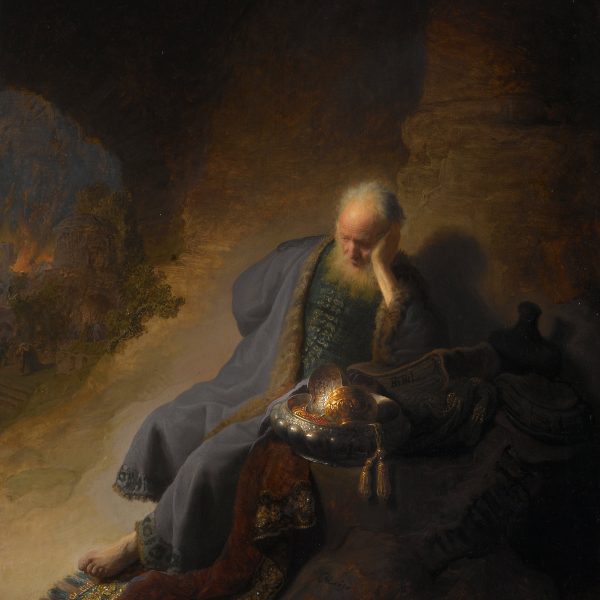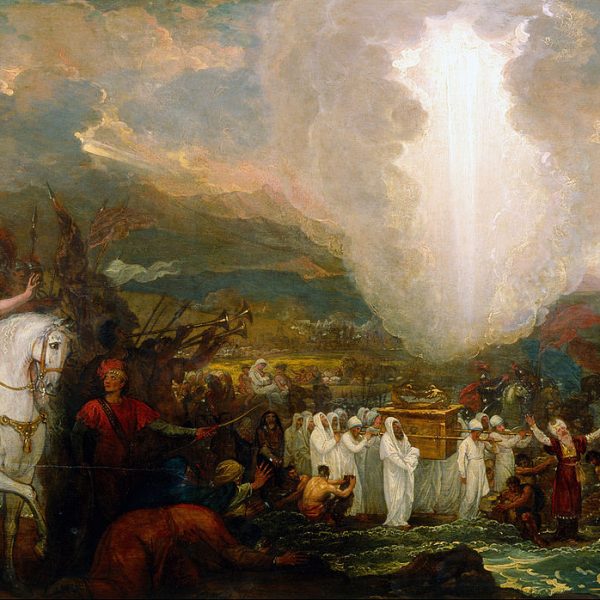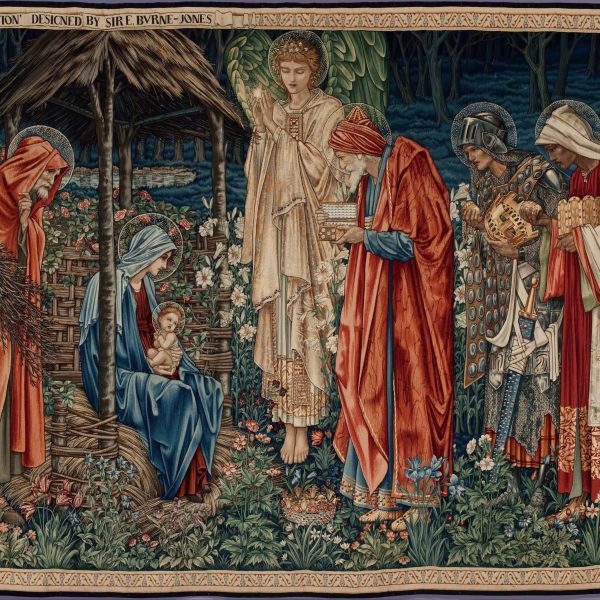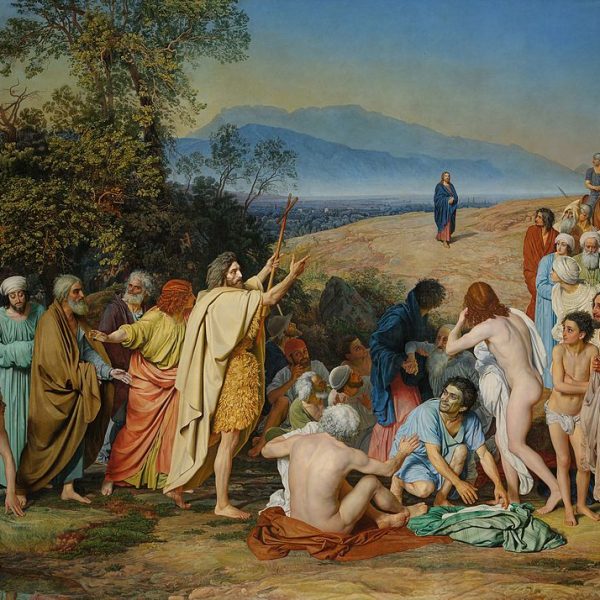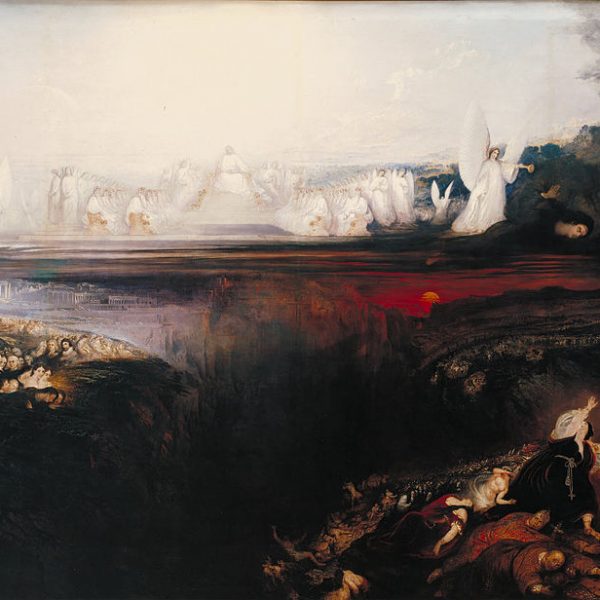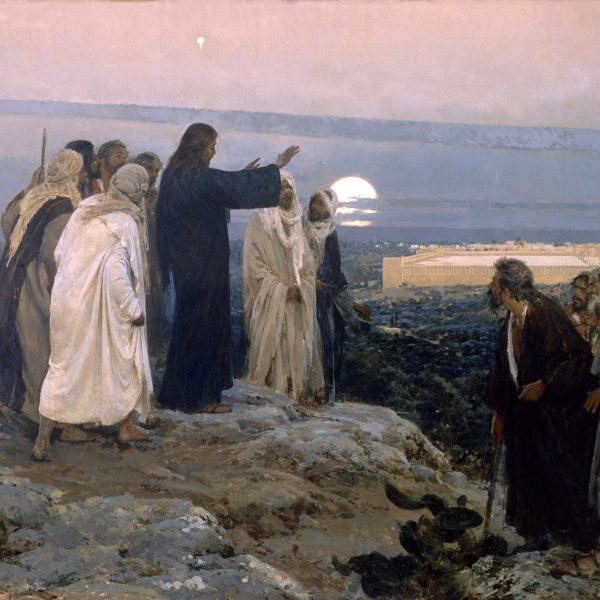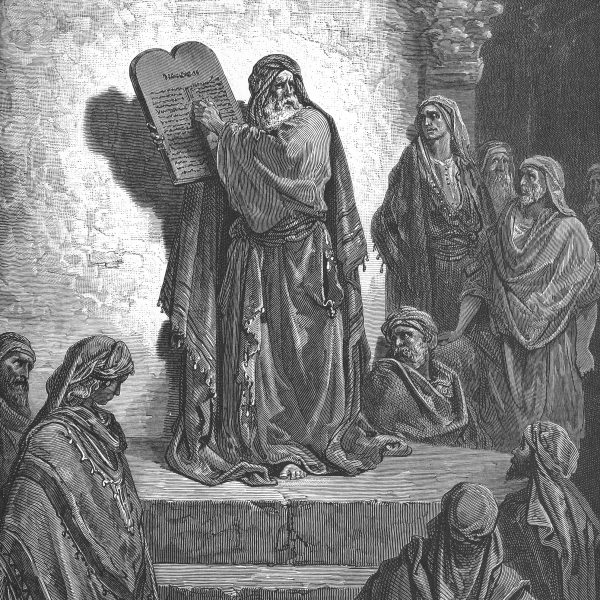
Nehemiah 8 reminds us that hearing the word of God is an occasion for joy, not sorrow and regret.
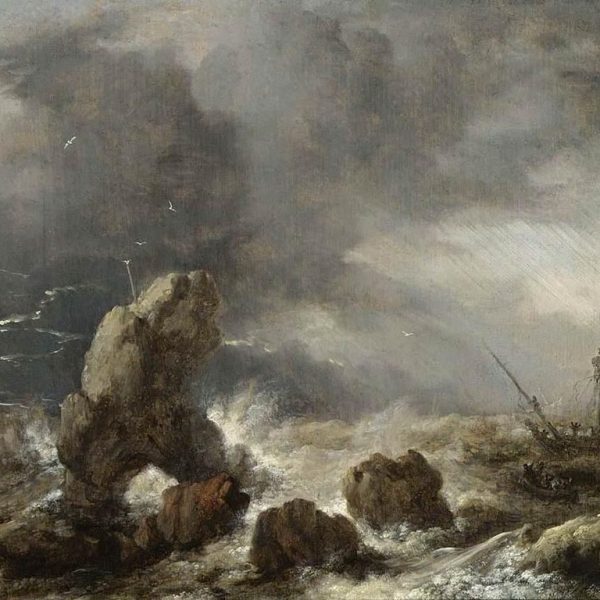
Bookended by the call to ascribe glory and strength to the Lord, and the answering request that the Lord give strength and blessing to his people, Psalm 29 offers us a vision of good rule.
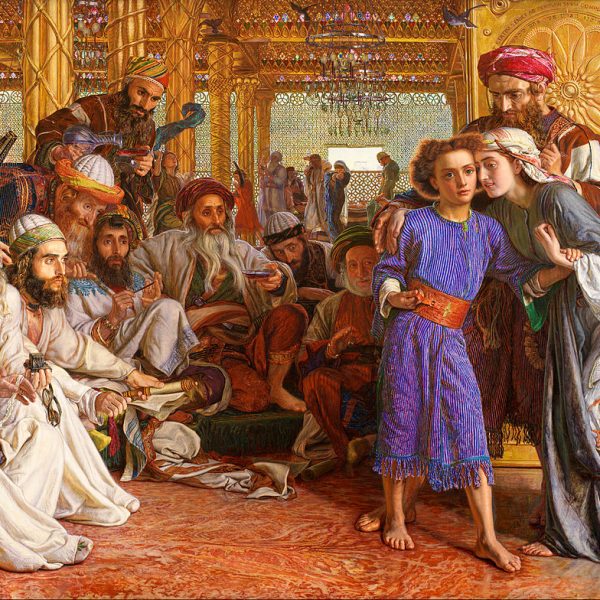
Where do we place ourselves in these narratives? What is our posture toward the prophets among us? Are we the prophetic children, the parents who tentatively support yet fear their calling, or the status quo that they oppose?
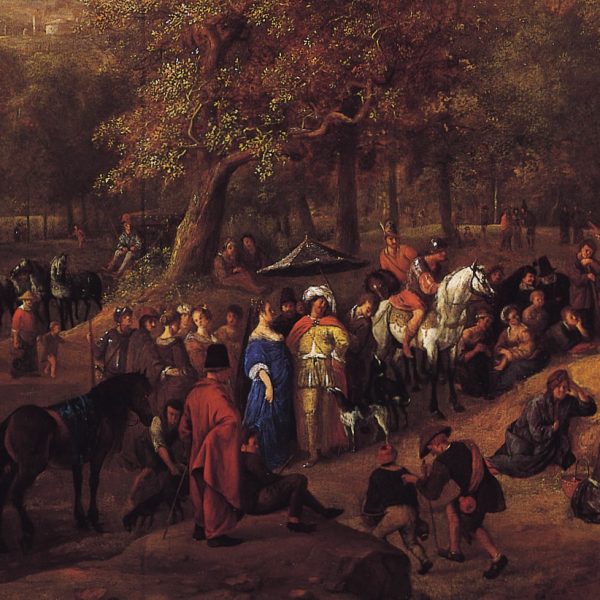
The message of John the Baptist challenges our complacency about sin, an attitude that pervades and perverts our entire life as a society.
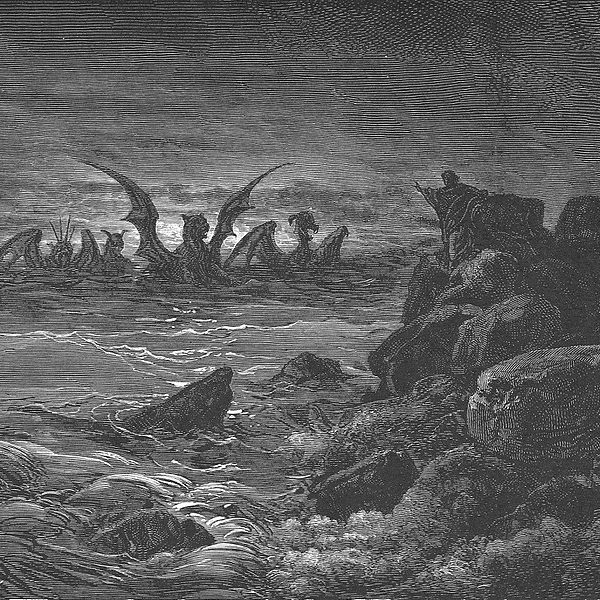
In a hateful political climate, it’s easy to feel defeat. However, Daniel 7 teaches us that God is present in the midst of oppression and intervenes as a liberator God. We must join in this liberation to defy feelings of defeat.
